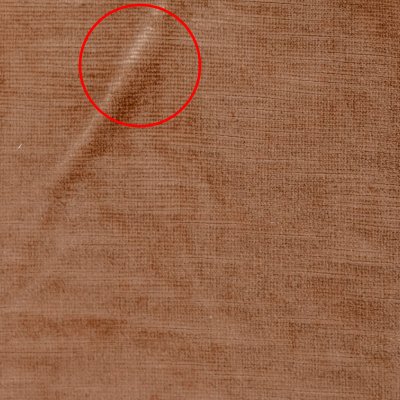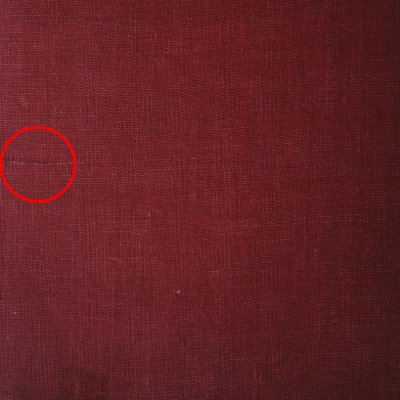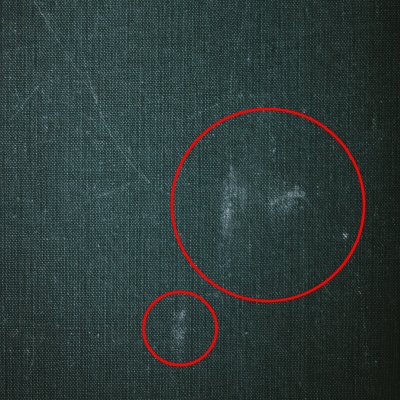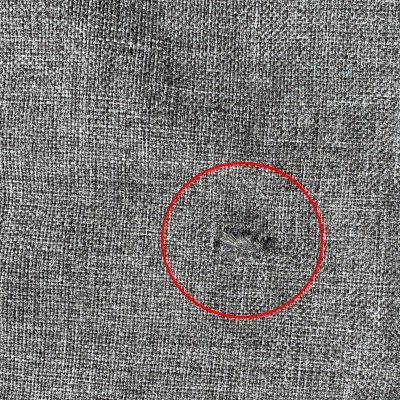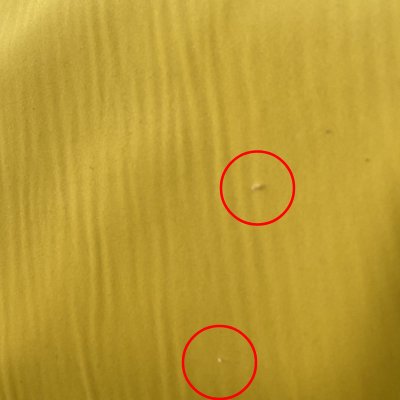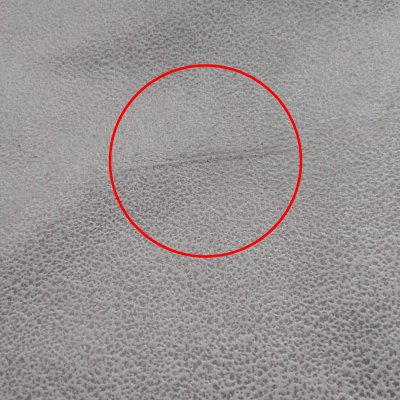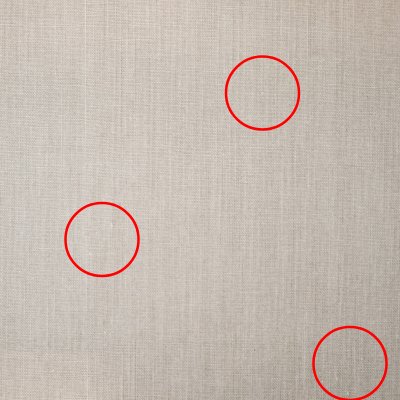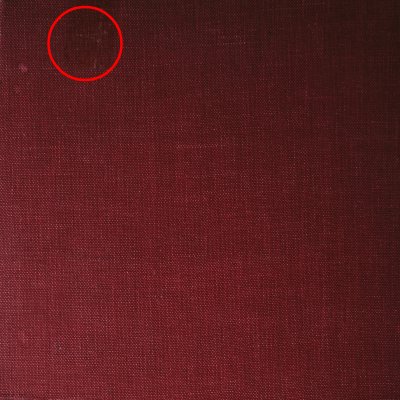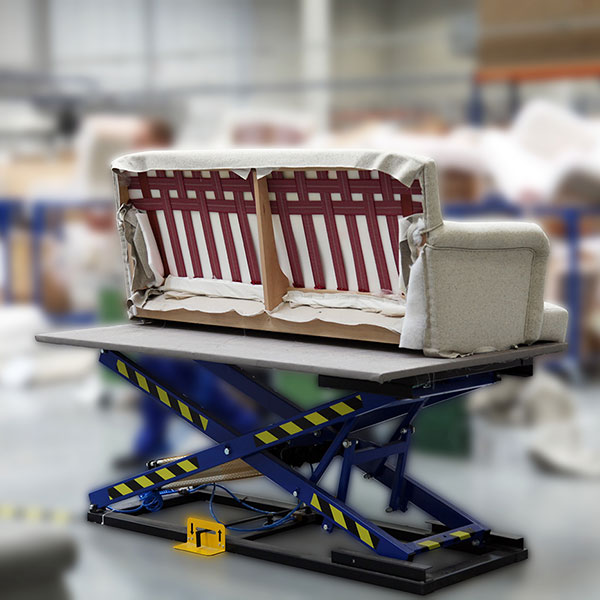
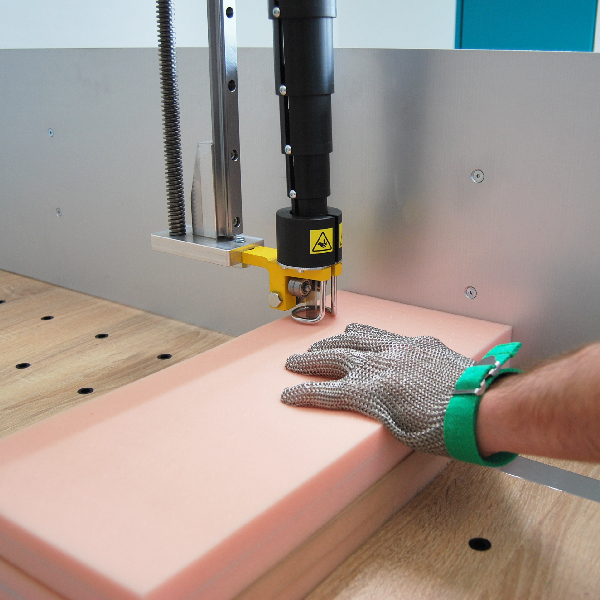
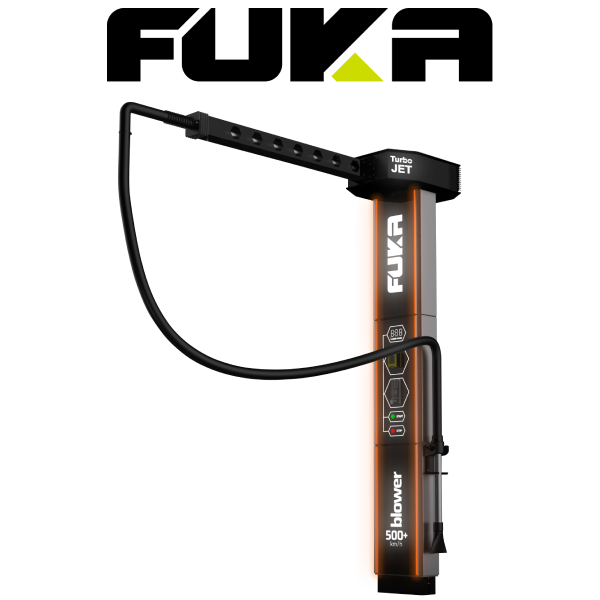
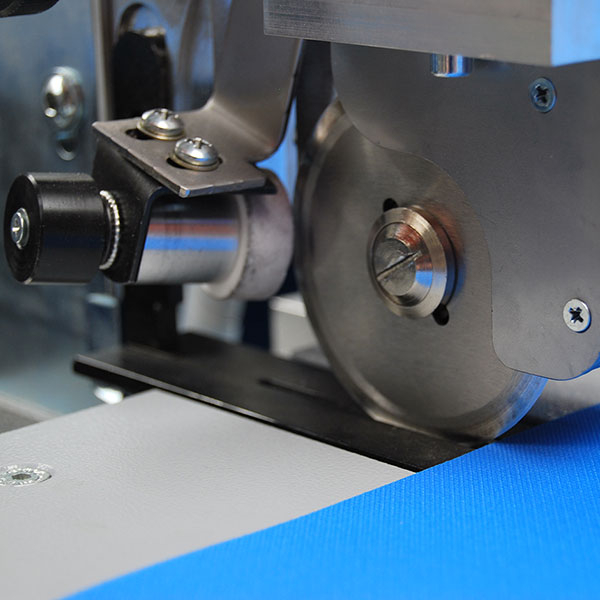
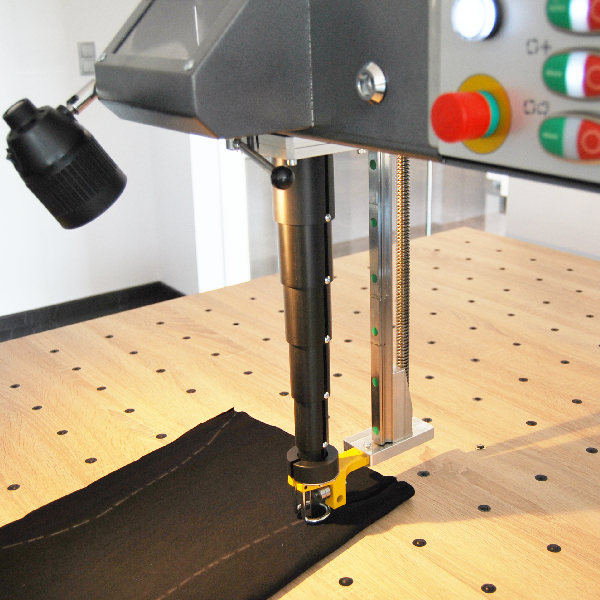
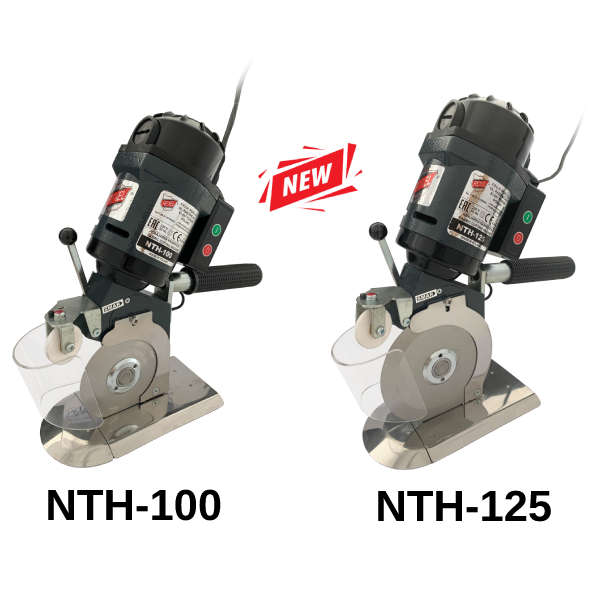
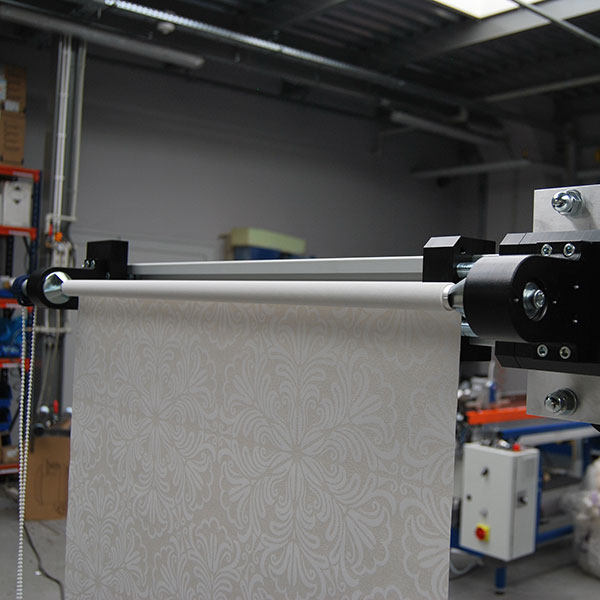
REXEL Sp. z o.o.
ul. Radziwoja 11,
61-057 Poznań, Polska
SĄD REJONOWY POZNAŃ - NOWE MIASTO I WILDA W POZNANIU, VIII WYDZIAŁ GOSPODARCZY KRAJOWEGO REJESTRU SĄDOWEGO
Numer rejestru KRS 0001140682,
NIP 7822075401, REGON 631267170,
Wysokość kapitału zakładowego: 250 000 PLN
М. +48 697 530 240
Т: +48 61 876 89 46
E: info@rexelpoland.com
On our website, we use cookies to provide you with services at the highest level, in a manner tailored to individual needs. Using the site without changing the settings for cookies means that they will be placed on your end device (browser).
To learn more about this topic, click here>


